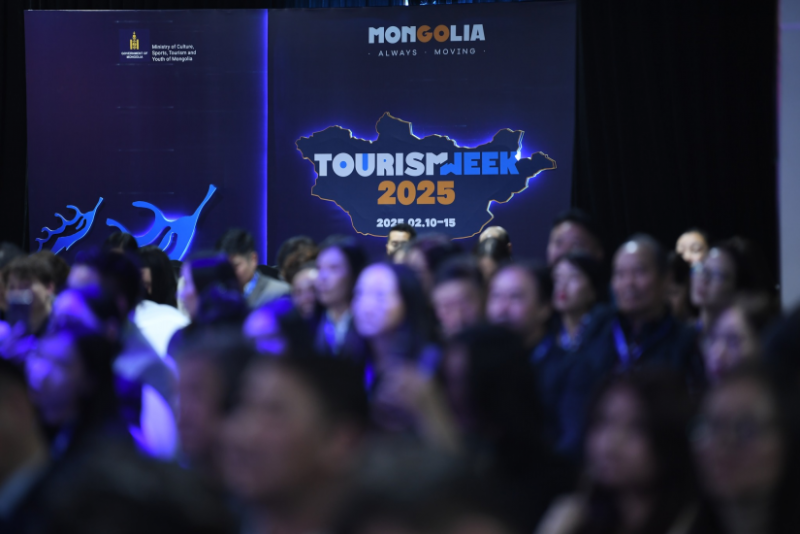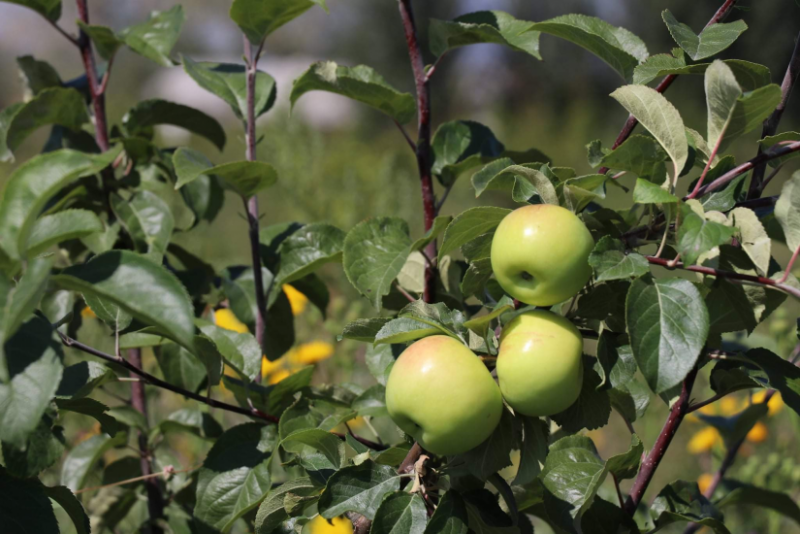ADB RELEASES USD 32 MILLION FOR SECOND SUSTAINABLE TOURISM DEVELOPMENT PROJECT IN MONGOLIA
Ulaanbaatar/MONTSAME/. On October 27, the Asian Development Bank (ADB) has approved the release of USD32 million in loan and grant funding in ADB’s second tourism project to enhance and diversify sustainable tourism development in Mongolia.
The project will support the development of tourism in three aimags (provinces) of western Mongolia, focused on benefits for communities, conservation of wilderness and heritage values, and post-coronavirus disease (COVID-19) recovery and resilience. About 16,296 local residents are expected to boost their tourism-related skills and income.
“Mongolia has a small but emerging tourism sector, and developing Mongolia’s tourism sector is a high national priority to diversify the economy and create jobs,” said ADB Principal Environment Specialist Mark Bezuijen. “With this project, we will build the capacity of residents and a small but growing private sector for community-based tourism, create jobs through the establishment of tourist streets and visitor complexes, and strengthen the management of five globally important protected areas and heritage sites.”
Mongolia has a large network of protected areas, stunning wilderness, and a unique cultural heritage. Ecotourism based on nature and heritage can bring much-needed jobs and financing for communities and underresourced parks and reserves, but it also requires careful planning to ensure that visitation does not damage the values that draw tourists. The global spread of COVID-19 in 2020 created significant new challenges for tourism development in Mongolia due to national border closures and the decline—to almost zero—of international arrivals, which resulted in more than $421 million estimated losses in tourism revenue. In western Mongolia, few residents are able to derive income from tourism, while there are also few public facilities to catalyze tourism.
The project will establish a multisector approach to strengthen local tourism planning, sustainable benefits for communities, enabling infrastructure and support for protected areas. Two tourist streets will be constructed in the city centers of Khovd and Uvs aimags, along with nine women-led markets near protected areas to showcase and sell local products. A pilot tourism development program for communities and micro, small and medium-sized enterprises is part of the project and will include vocational training, a community revolving fund, youth entrepreneur incubator, and the establishment of community-based organizations.
The project will also construct the first two tourism centers in western Mongolia—the rock art and nomadic culture center in Khovd aimag and Uvs tourism complex in Uvs aimag. The Khovd center will include Mongolia’s first digital museum dedicated to rock art cultural heritage and will include an online platform to promote local tourism goods and services.
Two million dollars of the project funding is being sourced from the Japan Fund for Poverty Reduction (JFPR). The JPFR is funded by the Government of Japan, which has supported projects in Mongolia in poverty alleviation, improving livelihoods, and safeguarding the environment over the past 20 years. The $2 million JFPR funding will provide critical support to establish small, community-managed facilities at protected areas and cultural heritage sites—including low-cost, gender-sensitive toilet systems and upgrading of small car parks—to improve visitors’ experience, protect nature and heritage, and create local jobs.
The project will begin in 2022 and is expected to be completed by 2027.
ADB is committed to achieving a prosperous, inclusive, resilient, and sustainable Asia and the Pacific, while sustaining its efforts to eradicate extreme poverty. Established in 1966, it is owned by 68 members—49 from the region.


